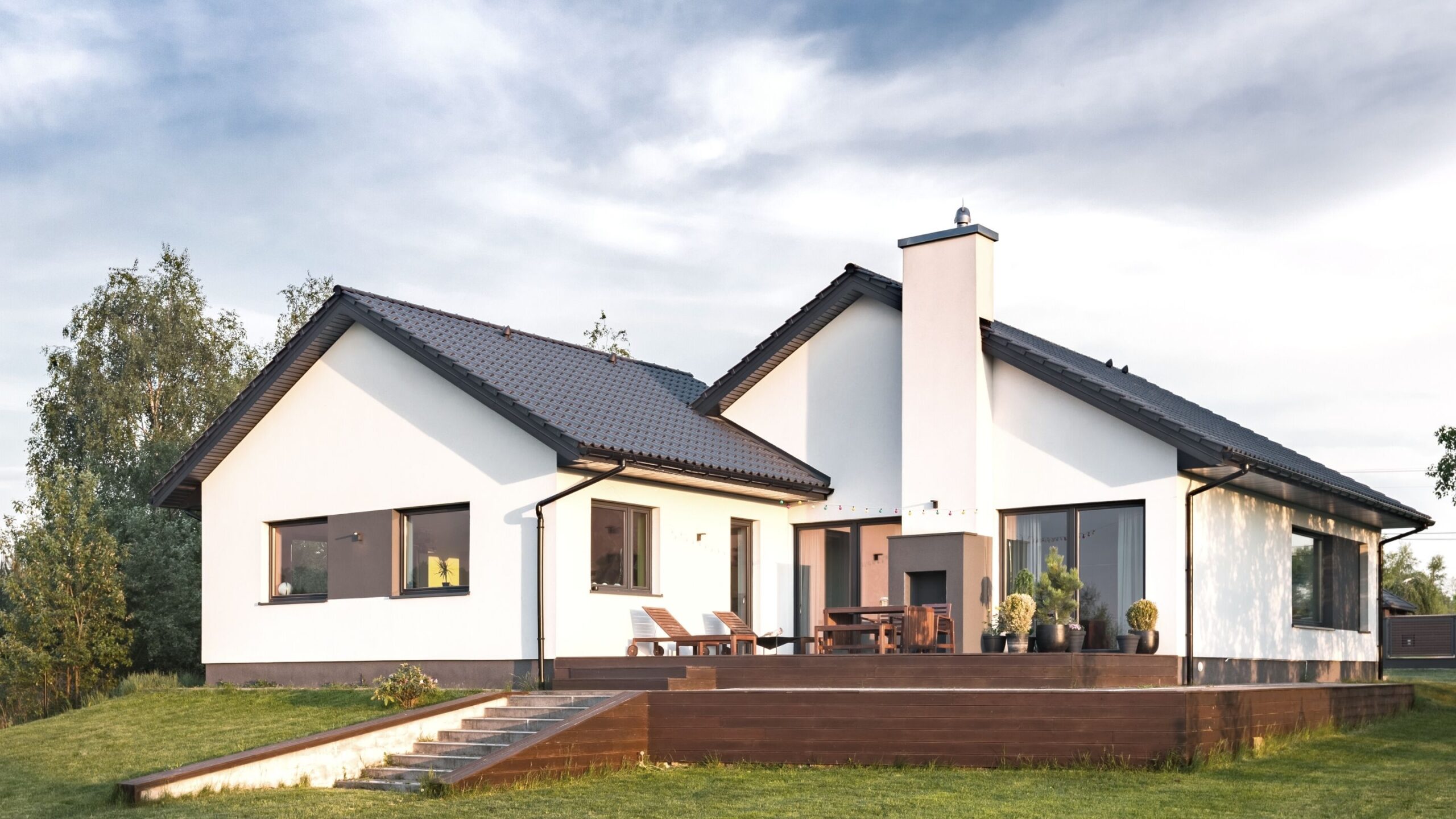Airbnb is becoming a popular way to rent your home. While Airbnb is not the only vacation rental platform available, and various alternatives exist to fit different needs, it has become a go-to option for many people.
Property owners are realizing that they can make extra money by renting out their homes on Airbnb when they’re not using them. Likewise, landlords are increasingly turning to Airbnb instead of long term tenants to fill their vacant units.
Most of the time, you can Airbnb a house with a mortgage without having to worry about violating your loan agreement. But there are some restrictions depending on your loan, time owning the home, city ordinances, and any HOA rules.
In this article, we will explore the issue in-depth and help you understand what you need to do in order to rent your house on Airbnb without violating your mortgage agreement.
What is a mortgage?
A mortgage is a loan that helps you finance the purchase of a house. The house serves as collateral for the loan. This means that if you default on your loan, the bank can take possession of your home.
A primary mortgage is a loan that you take out to buy a house that you will live in. A secondary mortgage is a loan that you take out to buy a house that you will not live in, but rather rent out.
You can take out a primary mortgage to buy a house that you will later turn into a rental property, but this is more complicated and we will discuss this later.
Mortgage agreements usually have a due-on-sale clause. This clause stipulates that you cannot sell the property without the bank’s permission.
Renting out your property on Airbnb would technically be considered a sale, since you are receiving money for the use of your property.
But don’t worry, you can still rent out your property on Airbnb even if your mortgage has a due-on-sale clause without violating your mortgage agreement.
You just need to meet a specific set of criteria first.
Can You Airbnb A House With a Mortgage?
There are four main things that you need to keep in mind if you want to Airbnb a house with a mortgage:
- Whether your property is a primary residence, secondary home or investment property
- Local city ordinances
- HOAs
- Property insurance
We will discuss each of these in more detail below.
Primary residence vs. secondary home vs. investment property
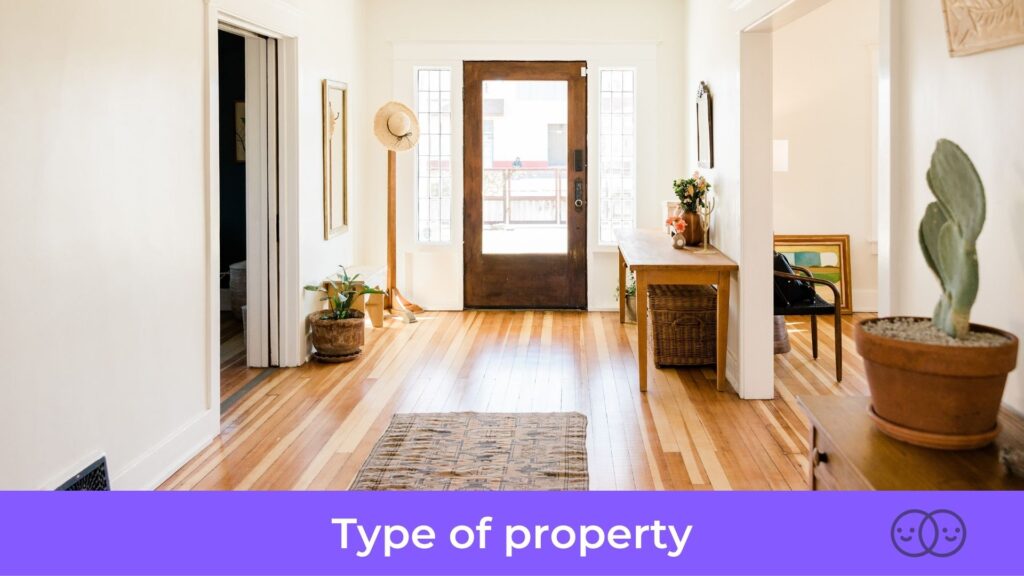
The first thing you need to consider is whether your property is a primary residence, secondary home, or investment property.
A primary residence is a house that you live in. A secondary home is a house that you own but do not live in. An investment property is a house that you own and rent out to tenants.
The type of property that you have will affect what you can do with it and how you can finance it. It will also affect the restrictions that your mortgage agreement might have.
If your property is a primary residence, you can finance it with a primary mortgage. If your property is a secondary home, you can finance it with either a primary mortgage or a secondary mortgage.
If your property is an investment property, you can finance it with an investment mortgage. Investment mortgages have different terms and conditions than primary or secondary mortgages, so be sure to read your mortgage agreement carefully.
It’s important to know the difference because it will affect the restrictions that your lender can place on your loan agreement.
If you want to Airbnb a house with a mortgage, you need to make sure that your property is classified as a second home or investment property.
This is because most primary residence loans have a due-on-sale clause that would prohibit you from renting out your property until you’ve lived there for at least one year.
So, if you want to avoid violating your mortgage agreement, you need to make sure that your property is classified as a second home or investment property. Or as a primary home that you’ve lived in for at least one year.
Local city ordinances
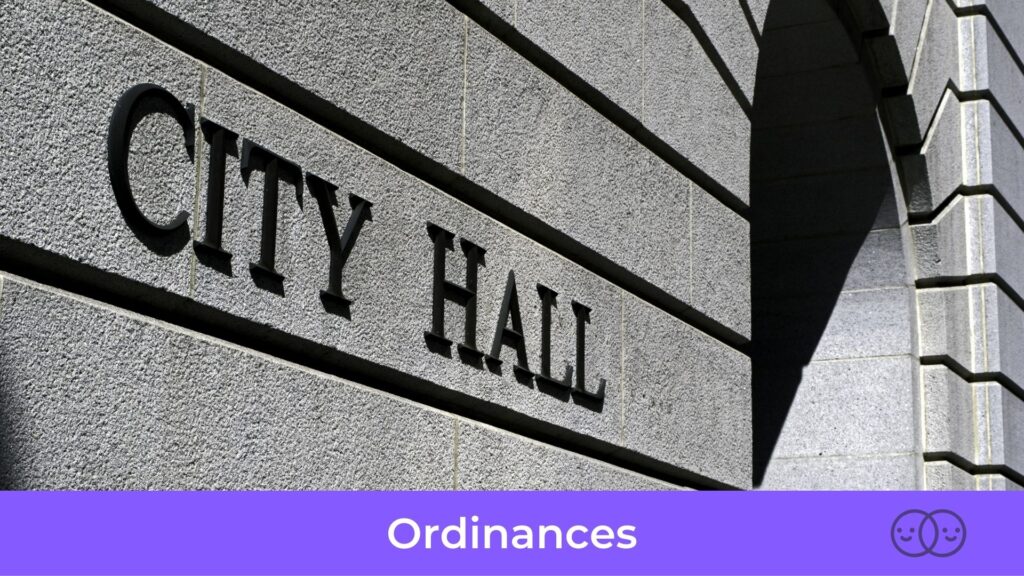
The next thing you need to consider are local city ordinances.
You need to make sure that you are in compliance with all local laws and regulations before you start renting out your property on Airbnb.
This includes things like getting a business license, collecting taxes, and following zoning laws.
Failure to comply with local laws and regulations can result in heavy fines, and in some cases, you may even be forced to stop renting out your property on Airbnb.
So, be sure to do your research and make sure that you are in compliance with all local laws and regulations before you start renting out your property on Airbnb.
HOAs
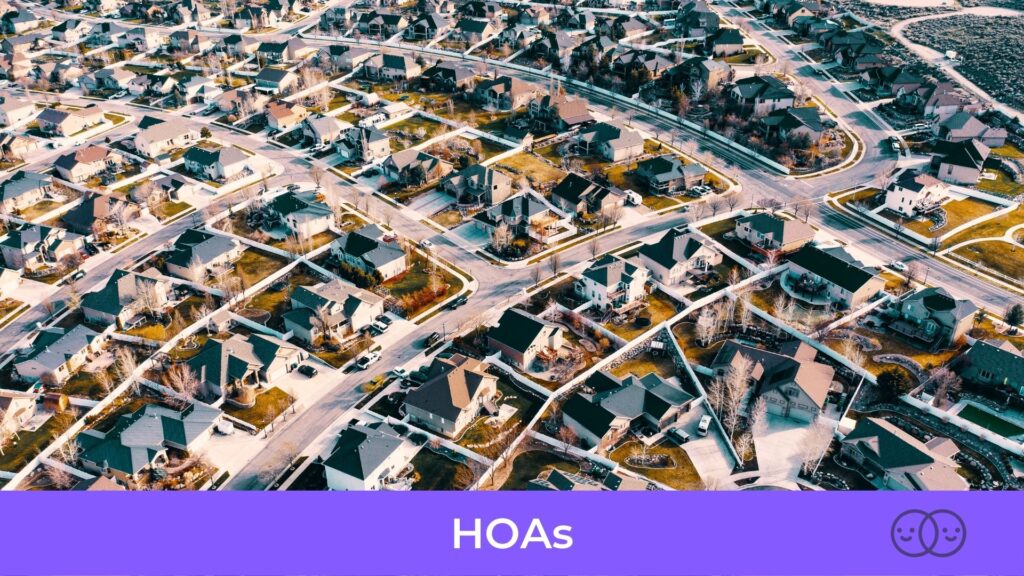
Another thing you need to consider are HOAs.
If you live in a community with an HOA, you need to make sure that you are in compliance with their rules and regulations before you start renting out your property on Airbnb.
Some HOAs have rules that prohibit short-term rentals, so be sure to check with your HOA before you start renting out your property on Airbnb.
It’s best to Airbnb a home that is not governed by an HOA to avoid any potential problems.
property insurance
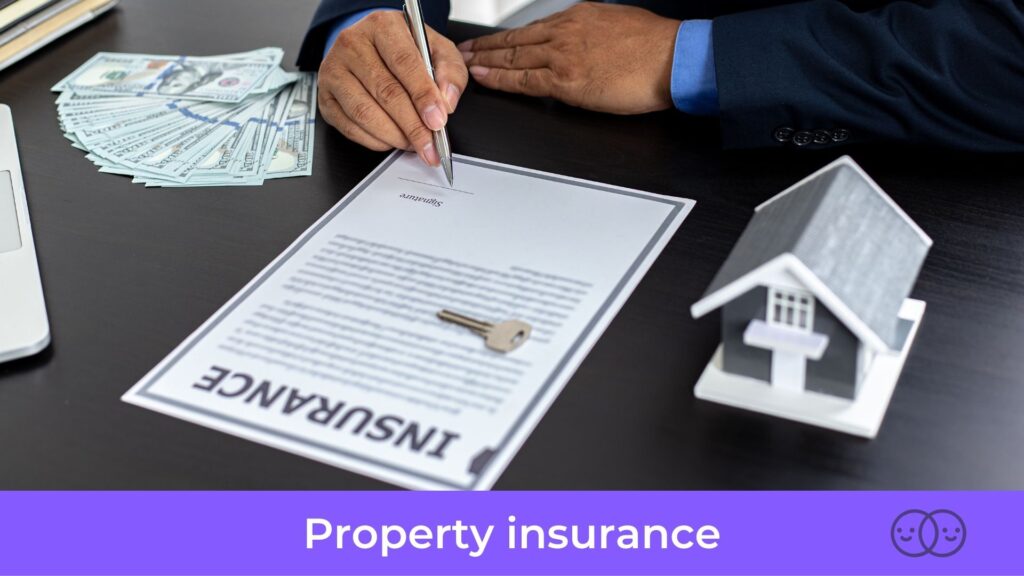
The last thing you need to consider is getting the right type of property insurance.
If you are going to rent out your property on Airbnb, you need to make sure that you have the proper insurance in place.
You need to get a policy that covers you for any damages that might occur while your property is being rented out.
You also need to make sure that your insurance policy covers you for any liability claims that might be made against you.
Failure to have the proper insurance in place could result in you having to pay out of pocket for any damages or liabilities that occur while your property is being rented out on Airbnb.
So, be sure to get the proper insurance in place before you start renting out your property on Airbnb.
Can I rent my primary residence on Airbnb?
You can rent your entire primary residence on Airbnb if it is classified as a second home or investment property. Or, you can rent your primary residence on Airbnb if you’ve lived there for at least one year and it is classified as a primary residence.
If you are looking to rent out a room in your primary residence, the same restrictions of living in the home for at least a year first may apply.
Just be sure to check with your mortgage lender to see if there are any restrictions on renting out your property.
And, be sure to check with your local city ordinances to make sure that you are in compliance with all laws and regulations.
Bottom Line
With all of these things to keep in mind, you can see that there are a lot of factors to consider when deciding whether or not to Airbnb a house with a mortgage.
Be sure to do your research and consult with a professional before making your final decision. If you’re purchasing a new home, finding a real estate agent and local mortgage lender experienced with Airbnb properties is a great place to start.
If you’re thinking about Airbnb-ing a home you already own, talking to your current mortgage lender about their policies and requirements is a good first step.
They can help you navigate the process and make sure that you are in compliance with all laws and regulations.
They can also help you find the right type of property insurance to protect you and your investment.
So, if you are thinking about Airbnb-ing your house with a mortgage, be sure to do your homework first and consult with a professional to make sure that it’s the right decision for you.
